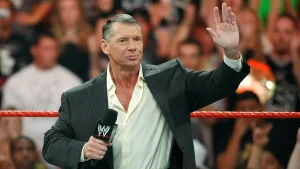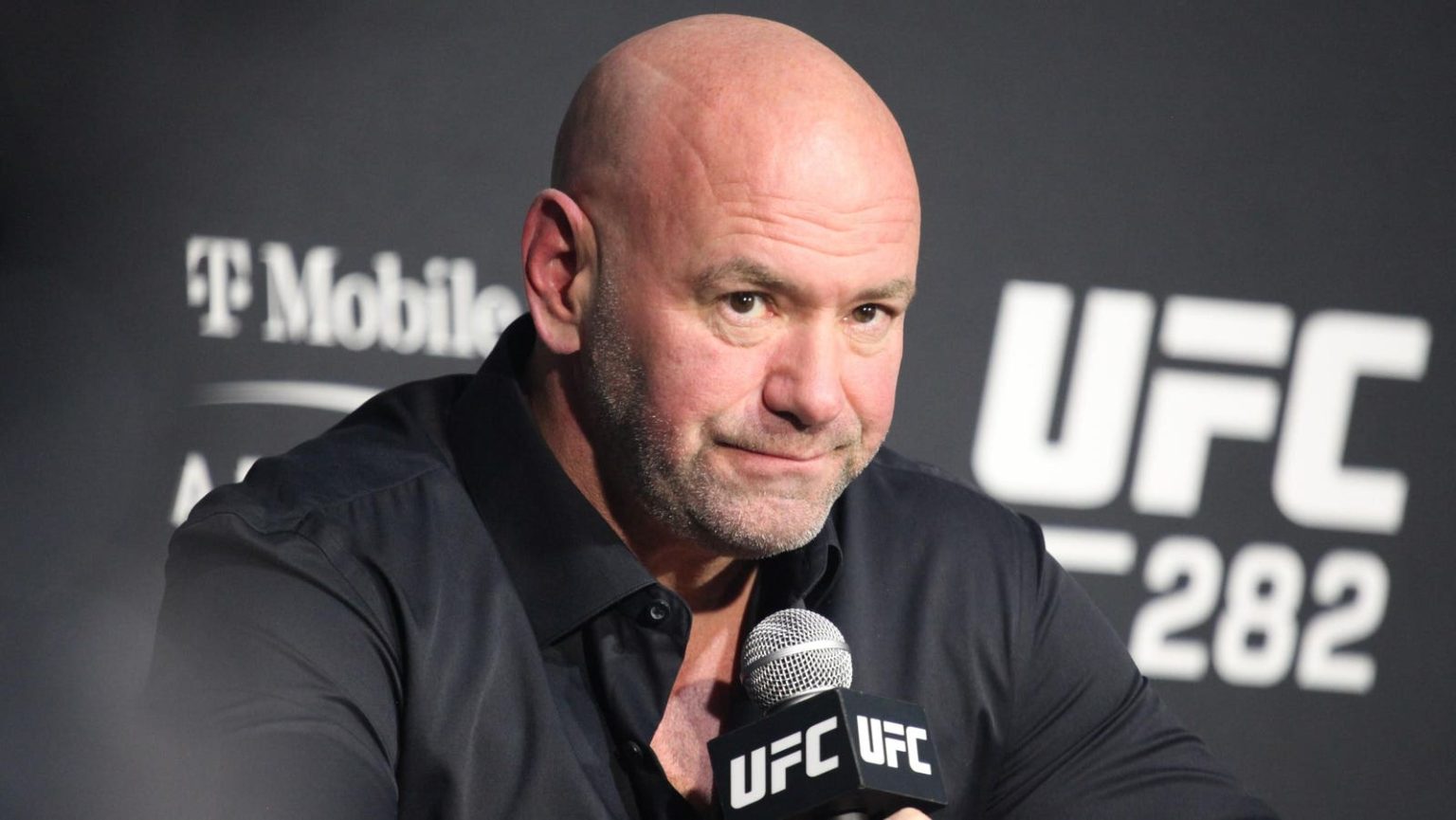UFC Roster Shake-Up: A Wave of Departures Marks the End of an Era
The Ultimate Fighting Championship (UFC), the world’s premier mixed martial arts organization, has undergone a significant roster transformation in the closing weeks of 2024, witnessing a wave of departures that reshapes the landscape of several weight divisions. Retirement, performance-based releases, and disciplinary actions have all contributed to this exodus, underscoring the dynamic and ever-evolving nature of the sport. From seasoned veterans choosing to hang up their gloves to promising prospects failing to meet expectations, the recent roster changes offer a glimpse into the complex factors that influence a fighter’s trajectory within the UFC.
The most recent cuts saw Jared Gooden and Abu Azaitar removed from the roster, joining a growing list of fighters who have parted ways with the promotion in recent weeks. Gooden, a welterweight, struggled with weight management throughout his UFC tenure, missing weight three times, including twice in the past two years. This, coupled with a recent loss to Chidi Njokuani, sealed his fate within the organization. Azaitar’s release, on the other hand, appears to be a culmination of inactivity, losses, and age. The 38-year-old middleweight had a checkered history with the UFC, marked by periods of inactivity, fight cancellations, and a positive drug test. His recent loss to Sedriques Dumas likely served as the final straw, prompting the UFC to move on from the aging fighter.
Among the departures, three fighters opted for retirement, marking the end of their respective careers within the octagon. Stipe Miocic, a former two-time UFC heavyweight champion, called it quits after a decisive loss to Jon Jones at UFC 309. Miocic’s departure represents the loss of a dominant force in the heavyweight division, leaving a void that several contenders will be eager to fill. Damon Jackson, a lightweight veteran, also announced his retirement following a submission loss to Jim Miller at UFC 309. Jackson’s career concluded with a string of losses, prompting his decision to step away from the sport. Jack Shore’s retirement came as a surprise to many, given his relatively young age of 29 and a promising record of 17-3. Shore cited a waning passion for competing as his reason for retirement, choosing to transition into a coaching role.
Gabriel Benitez, a featherweight, was also released by the UFC after a string of underwhelming performances. Benitez, 36, lost two consecutive fights and three of his last four, coupled with two instances of missing weight, further diminishing his prospects within the organization. His last fight, a split decision loss to Maheshate Hayisaer, proved to be his final appearance in the octagon.
These departures underscore the ruthless nature of the fight game, where consistent performance and adherence to weight requirements are paramount to survival. The UFC maintains a highly competitive environment, where fighters are constantly evaluated and judged based on their ability to win and remain active. For those who falter, the consequences can be swift and decisive, leading to their removal from the roster.
The UFC’s recent roster cuts also reflect the organization’s ongoing efforts to cultivate new talent and maintain a fresh pool of fighters. By releasing underperforming or inactive fighters, the UFC creates opportunities for up-and-coming prospects to step into the spotlight and prove their worth. This constant influx of new talent ensures the continued growth and evolution of the sport, while also keeping the competition fierce and unpredictable. As the UFC moves forward into 2025, the roster changes will undoubtedly have a significant impact on the dynamics of various weight divisions, paving the way for new contenders to emerge and challenge for championship gold. The fight for survival within the UFC continues, with each fighter striving to maintain their position and avoid becoming the next casualty in the ongoing roster shake-up.






